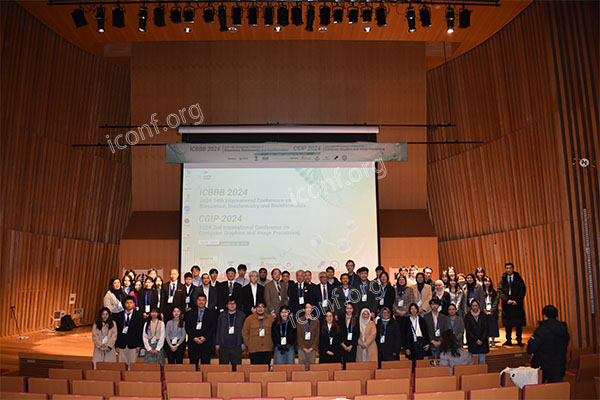Are you looking to showcase your research, share your findings, and collaborate with experts in your field? Responding to calls for papers (CFPs) is an excellent way to participate in academic conferences, gain recognition, and contribute to the advancement of knowledge in your discipline. This guide will help you navigate the process of finding and submitting to the latest CFPs.

A call for papers is an open invitation for researchers, academics, and professionals to submit their work for presentation at an academic conference. Organizers seek high-quality submissions to create a rich program of talks, discussions, and workshops.
Why Participate?
Finding relevant CFPs can be challenging, but numerous resources simplify the process:
Choosing the right CFP is crucial for aligning your research with the conference’s goals. Consider the following:
Responding to a CFP requires careful preparation and adherence to guidelines.
Understand the Requirements
Review the submission guidelines, including formatting, word count, and additional materials like abstracts or cover letters.
Prepare Your Manuscript
Write a clear, concise, and well-organized paper. Follow the conference's template if provided.
Submit Online
Most conferences use online portals for submissions. Create an account, upload your paper, and provide all requested details.
Track Your Submission
Keep a record of your submission and follow up for any updates from the organizers.
Calls for papers span various disciplines, including:
Visit iconf.org to explore the latest CFPs and find the perfect opportunity to present your work.
Calls for papers provide an invaluable gateway to academic collaboration, career advancement, and the dissemination of knowledge. By understanding the submission process, selecting the right opportunities, and preparing your work with care, you can make a meaningful contribution to your field. Start exploring CFPs today with resources like iconf.org and take your research to the global stage.